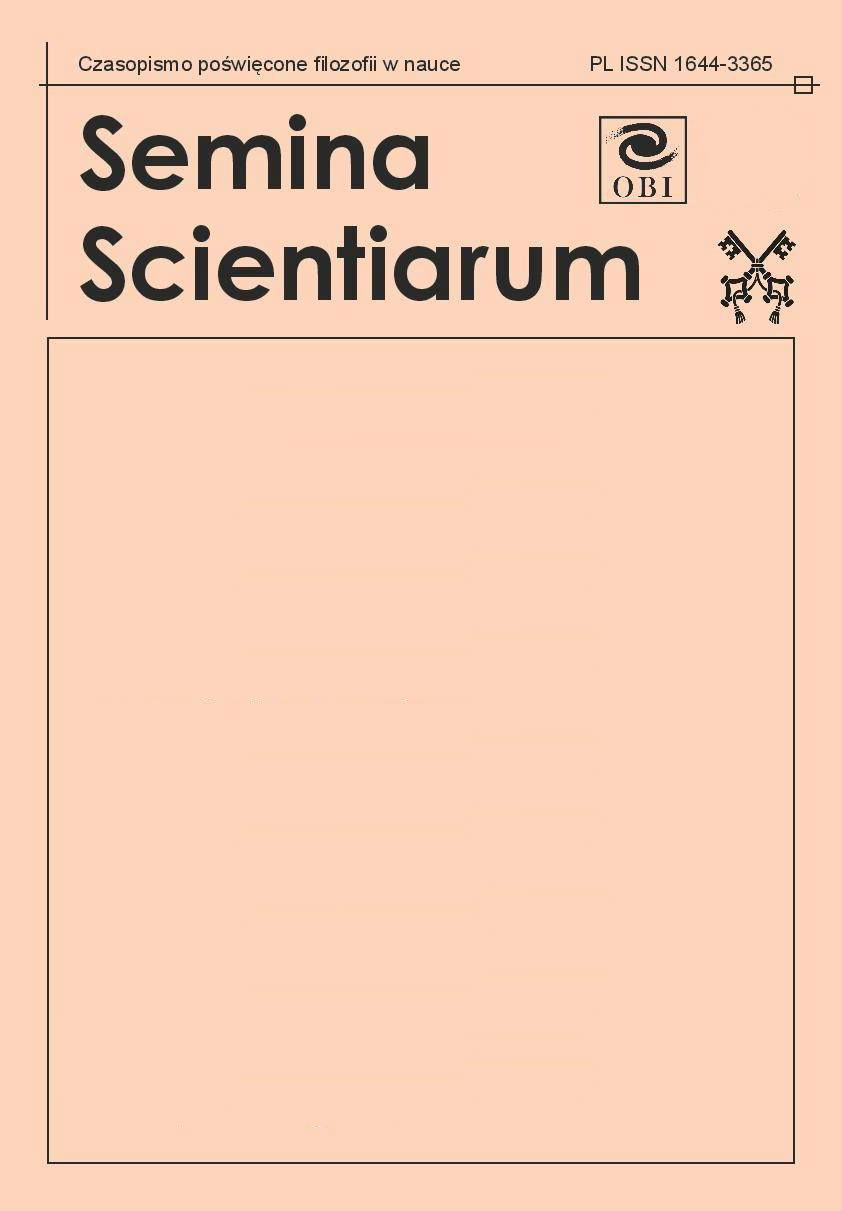Okres fenomenologiczny w myśli Ludwiga Wittgensteina
Ludwig Wittgenstein’s phenomenological period
Author(s): Jakub Gomułka Subject(s): Philosophy, Language and Literature Studies, Special Branches of Philosophy, Philosophy of Language
Published by: Wydawnictwo Naukowe Uniwersytetu Papieskiego Jana Pawła II w Krakowie
Keywords: Ludwig Wittgenstein; phenomenology; philosophical grammar; grammatical invariants
Summary/Abstract: Wittgenstein’s phenomenological period is a subject to a variety of interpre- tations which give different answers to the questions why and when did the author of the Tractatus start doing phenomenology, when and why did he stop it and what meaning had it for him. In my paper I argue for the view that Wittgenstein tried to overcome dif culties of his early philosophy by applying phenomenological investigations loosely inspired by Mach. Firstly he assumed that they may be carried out as grammatical investigations of the structure of a socalled phenomenological language. However, nally Wittgenstein came to the conclusion that such a language is impossible. Contrary to many inter- preters I believe that the rejection of phenomenological language did not put an end to the whole Wittgenstein’s phenomenology, for it persisted thereafter for a couple of years in a form of investigations of grammatical invariants of the part of our ordinary language devised to express our sensual experience.
Journal: Semina Scientiarum
- Issue Year: 1/2016
- Issue No: 15
- Page Range: 8-36
- Page Count: 29
- Language: Polish

